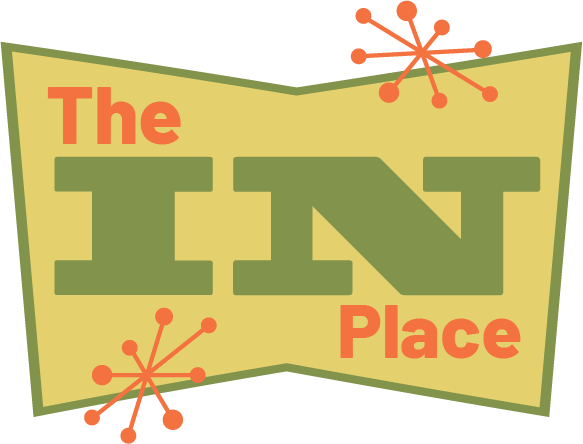The power of persistence and calm
Quick nugget today. I haven’t written much about my task management system, 10 steps to a badass To Do List because I consider it kind of a proprietary system that, once upon a time, pre pandemic, I was writing a book about. But there is one To Do List adjacent topic I want to discuss today, as it has cropped up in my life heavily in the last few weeks. Whatever your system is for keeping track of the things you need to get done, or if you don’t have a system, those things probably cause you anxiety when there are a lot of them. And when we have anxiety about tasks we tend to avoid them. Of course that is a protective mechanism, psychologically. But it is maladaptive in terms of the overall outcome. I think it is really important to remember that the things we need to do actually exist in an objective reality. If we don’t write them down or capture them somehow, they still exist. If we ignore them and play video games, they still exist. If we pretend to be productive by “keeping busy” doing unimportant things, the important stuff still exists. And my experience tells me that almost nothing ever gets better by ignoring it. Occasionally, we miss an opportunity to do something and it simply goes away. But that’s not usually in a good way. Almost always things get worse when we ignore them… yet we do. I have found it helpful to accept that there will be feelings of being overwhelmed and being anxious. Those feelings aren’t going to go away. They certainly aren’t going to go away by avoiding things that are going to get worse and, therefore, more overwhelming and anxiety producing. We have to learn to sit with those…
